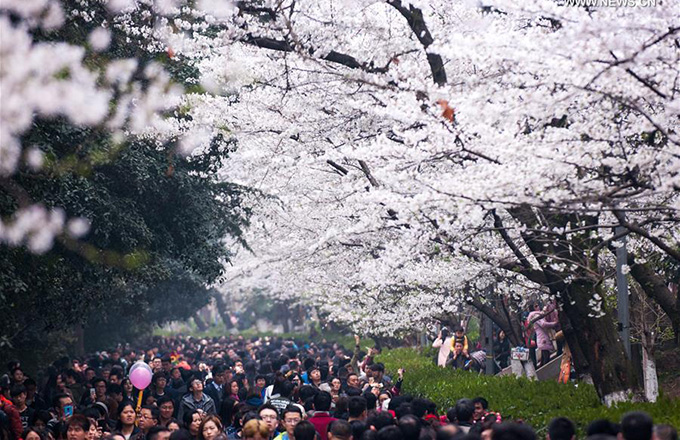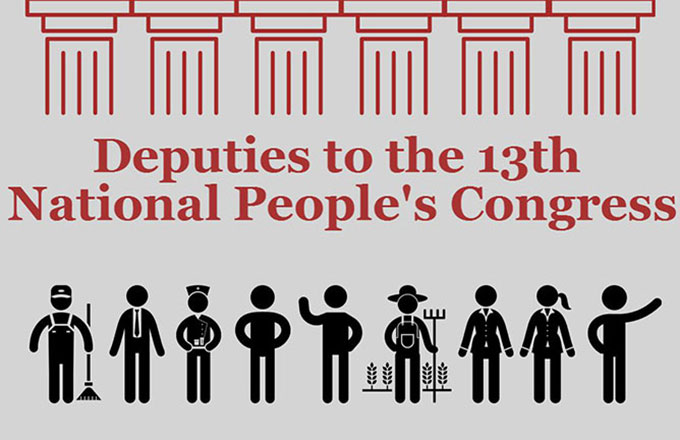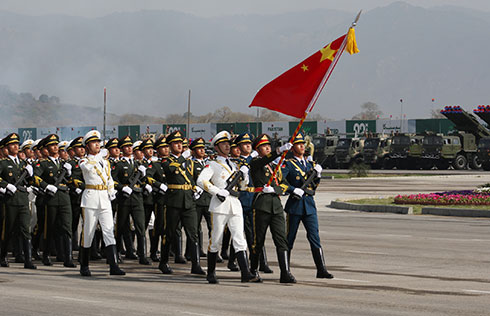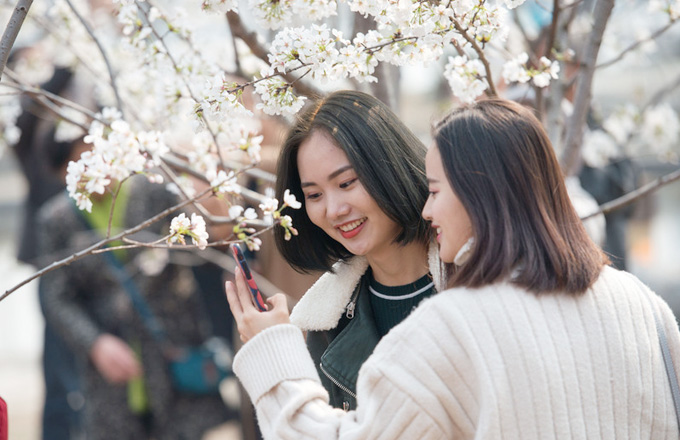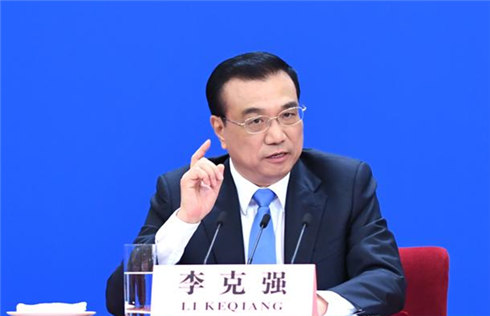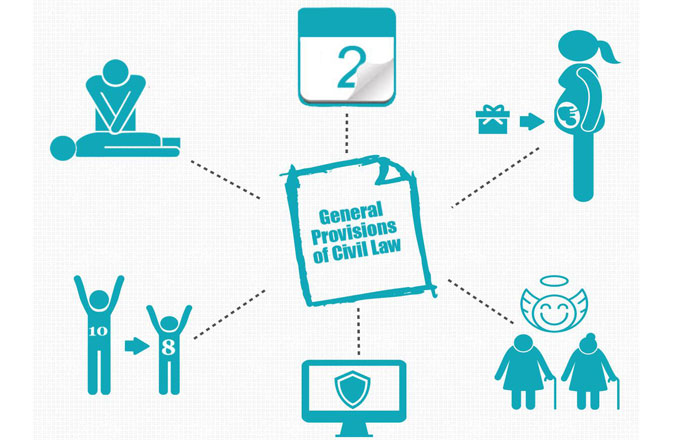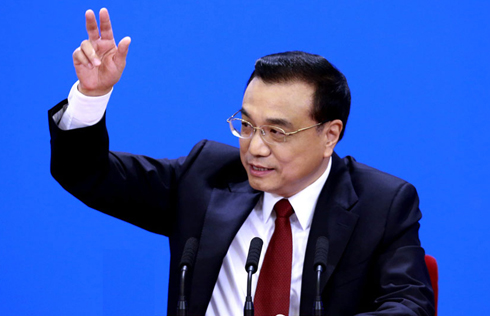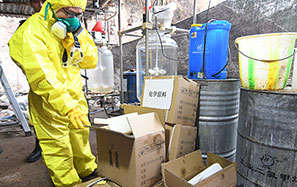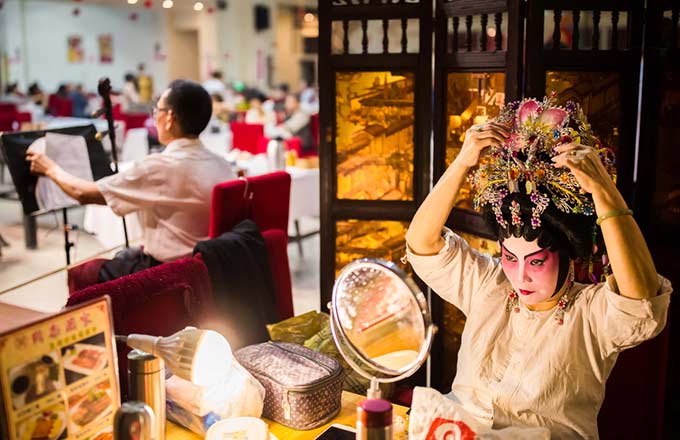Good Samaritans to be better protected
People injured while helping others would have their medical fees paid for
Good Samaritans who are injured while helping someone in need are to be better protected, the top police and security authority announced on Saturday.
The Ministry of Public Security issued a draft guideline on how to protect and reward good Samaritans, stipulating that medical fees should be paid for by the person responsible for an accident or by those being helped.
It means, for example, that if a person is injured while putting out a fire in a building, the person who started the fire, those who should have fought the fire or the people being helped should pay the good Samaritan's medical fees, according to Ruan Chuansheng, a criminal lawyer in Shanghai.
"Adopting the draft is a practical way to protect good Samaritans," Ruan said.
Laws on dealing with such financial issues differ across the country, "but if the draft is passed, a nationwide standard will be born", he added.
The draft has been posted on the ministry's website, with citizens able to provide suggestions or opinions on it by emailing the authority before April 16.
The draft clarifies five situations in which a person's actions can be defined as the act of a good Samaritan, such as protecting State security, preventing theft of property, assisting judicial bodies in breaking significant criminal cases and conducting a rescue during or after a disaster.
In addition, children of good Samaritans can also be awarded privileges in school enrollment, the draft states.
Ruan said the draft is another step toward encouraging people to help others, and that the clarification of specific rules will effectively solve previous issues relating to the actions of good Samaritans.
On Wednesday, the National People's Congress, the country's top legislature, passed the General Provisions of the Civil Law at the end of its annual plenary session. The law protects good Samaritans by waiving civil liability for damages arising during their efforts to help someone in need.
Dai Peng, a criminal law professor at People's Public Security University of China, said the just adopted law and the draft police regulation both aim to reduce concerns related to helping those in need.
In recent years, some good Samaritans have suffered after helping others, "which might make some people hesitate about helping those in need", Dai said.
If the draft is adopted and when the General Provisions come into effect in October, Dai said, "I hope they leads more people to take the initiative to help others, as they will be better protected."




